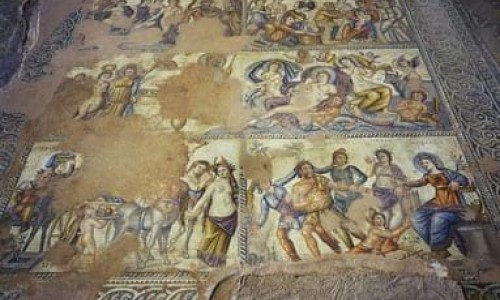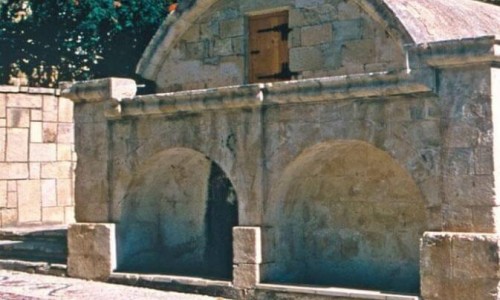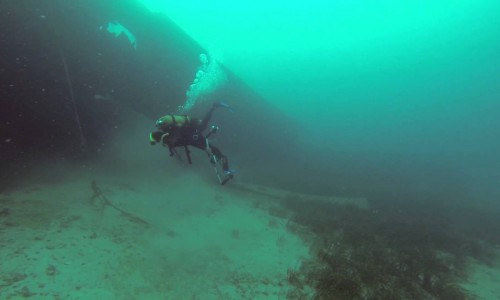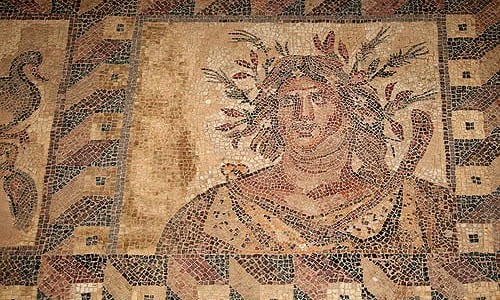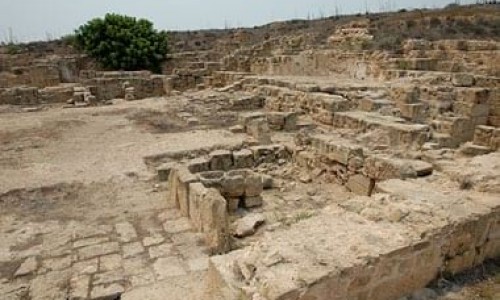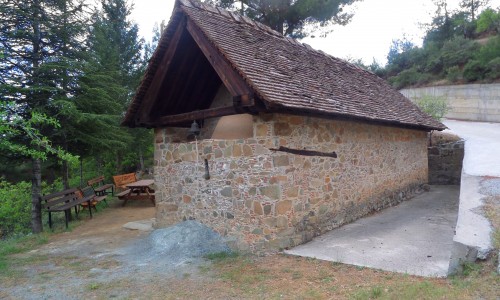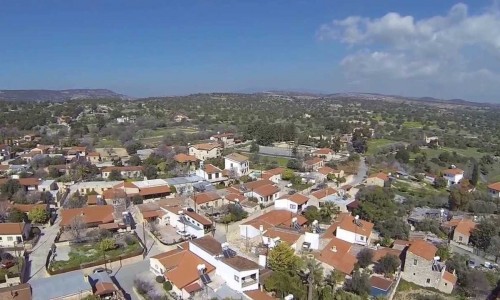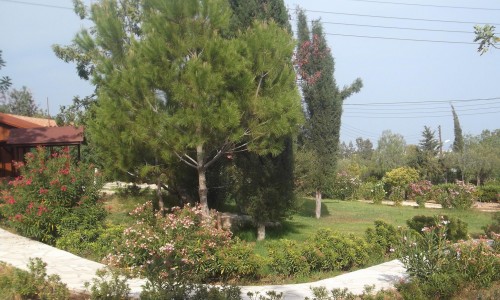Vouni Village , Limassol
Nestled peacefully on the southern slopes of the Troodos Mountains, the village of Vouni in the Limassol District is a captivating example of Cyprus’s enduring charm. With its well-preserved architecture, vineyard-covered hills, and deep cultural roots, Vouni offers an immersive journey into authentic rural Cypriot life—a world away from the busy coastal resorts.
Whether you’re a history enthusiast, a wine lover, or a traveler seeking tranquility and authenticity, Vouni promises a slow-paced, soul-nourishing escape.
Vouni’s history is both fascinating and emblematic of the resilient spirit of Cypriot mountain communities. The name “Vouni” means “low mountain” in Greek, a fitting title for a settlement perched approximately 800 meters above sea level. Historical records and Venetian maps dating back to the Middle Ages mention the village, reflecting its centuries-old presence in the region.
According to local lore, there were once four small villages in the area—Vouni, Pera Vounin, Velonaka, and Ayios Mamas. In 1692, a plague ravaged Cyprus, forcing many communities to vanish. Only Vouni remained. The villagers believe that divine intervention by Saint John the Baptist, the patron of their main church, protected them. Today, this spiritual belief continues to shape the community's identity and traditions.
One of the most enchanting aspects of Vouni is its preserved architecture. The narrow, cobbled streets wind through stone-built houses with arched doorways, tall wooden windows, and vine-covered courtyards. Most of these homes date back to the 19th and early 20th centuries and reflect the traditional architecture of the wine-producing villages of the Troodos foothills.
The absence of modern high-rise buildings or intrusive development means that the village has retained its original character. Simply walking through Vouni is like stepping into a living museum—quiet, picturesque, and evocative of a slower, more grounded lifestyle.
At the heart of the village lies the Church of Timios Prodromos (Saint John the Baptist), built in the early 19th century. This religious site is not only a place of worship but also home to a small ecclesiastical museum, featuring sacred icons and liturgical items dating back hundreds of years. Some of the hagiographies (religious icon paintings) are believed to be over a thousand years old, offering a glimpse into the region's deep spiritual traditions.
Vouni is part of the Commandaria wine-producing region, one of the oldest designated wine areas in the world. For centuries, the village has been surrounded by vineyards that yield grapes for both fresh table wine and the historic sweet wine, Commandaria—a Cypriot specialty with a legacy stretching back to the Crusades.
Local wineries, such as Kava Neocleous Oinotexniki, welcome visitors for tastings and tours, where you can sample both traditional and modern varieties. The high altitude and limestone-rich soil contribute to the complex flavors of local wines, and the cooler climate compared to the lowlands enhances the grape-growing season.
Viticulture isn’t just an industry in Vouni—it’s a way of life, celebrated in local festivals, folklore, and daily routines.
Like many mountain villages in Cyprus, Vouni experienced depopulation during the mid-20th century. In 1946, it had more than 1,200 residents; today, fewer than 200 live there year-round. However, this isn’t a story of abandonment. On weekends and holidays, the population swells with locals returning to their ancestral homes, tourists, and nature lovers.
Several of the old houses have been beautifully restored as holiday homes or traditional guesthouses. This has brought a quiet revival to the village, with new life infusing the old stones.
The village square, “Platia,” has become a hub for social interaction. Local cafés like “I Plateia” serve traditional Cypriot coffee and meze, creating an atmosphere where locals and visitors mix with ease. It’s not uncommon to hear the clink of glasses filled with zivania (a strong local spirit) alongside the murmur of village gossip and stories told under the shade of ancient trees.
Vouni's location makes it a great base for exploring the surrounding countryside. Several hiking trails snake out from the village, offering panoramic views of vineyards, pine forests, and distant sea horizons. The cooler climate in summer makes it especially inviting for outdoor activities like hiking and cycling.
Nearby attractions include:
- Omodos and Lofou: Other traditional wine villages known for their beauty and craft shops.
- Troodos National Forest Park: For hiking, bird-watching, and visiting Mount Olympus.
- Millomeris and Caledonia Waterfalls: Hidden gems just a short drive away.
- Koilani Wine Museum: A deeper dive into the region’s winemaking legacy.
Throughout the year, Vouni hosts local festivals tied to religious and agricultural traditions. In late summer, the Grape Festival celebrates the harvest season with music, dance, wine tastings, and traditional Cypriot food. Easter and Saint John’s Day are also major occasions, complete with processions, feasts, and church services.
These festivals are intimate and authentic—less commercial than their coastal counterparts—providing a true glimpse into the heart of Cypriot culture.
Vouni is located about 30 kilometers northwest of Limassol, and can be reached in approximately 40 minutes by car. The drive itself is scenic, passing through winding mountain roads and panoramic landscapes.
While there is no major public transportation directly to the village, it’s well worth renting a car for the freedom to explore both Vouni and the wider wine region.
Vouni is not a place of spectacle, but one of subtle wonder. It’s where you go to disconnect from the noise, sip wine in the silence of a vineyard, and rediscover the slow rhythms of traditional life.
In an age of fast travel and over-tourism, Vouni offers a refreshing alternative: a destination where time seems to pause, and where every stone tells a story.
Whether you're chasing history, nature, or a glass of fine Cypriot wine, Vouni welcomes you—not just to visit, but to belong, if only for a while.






















